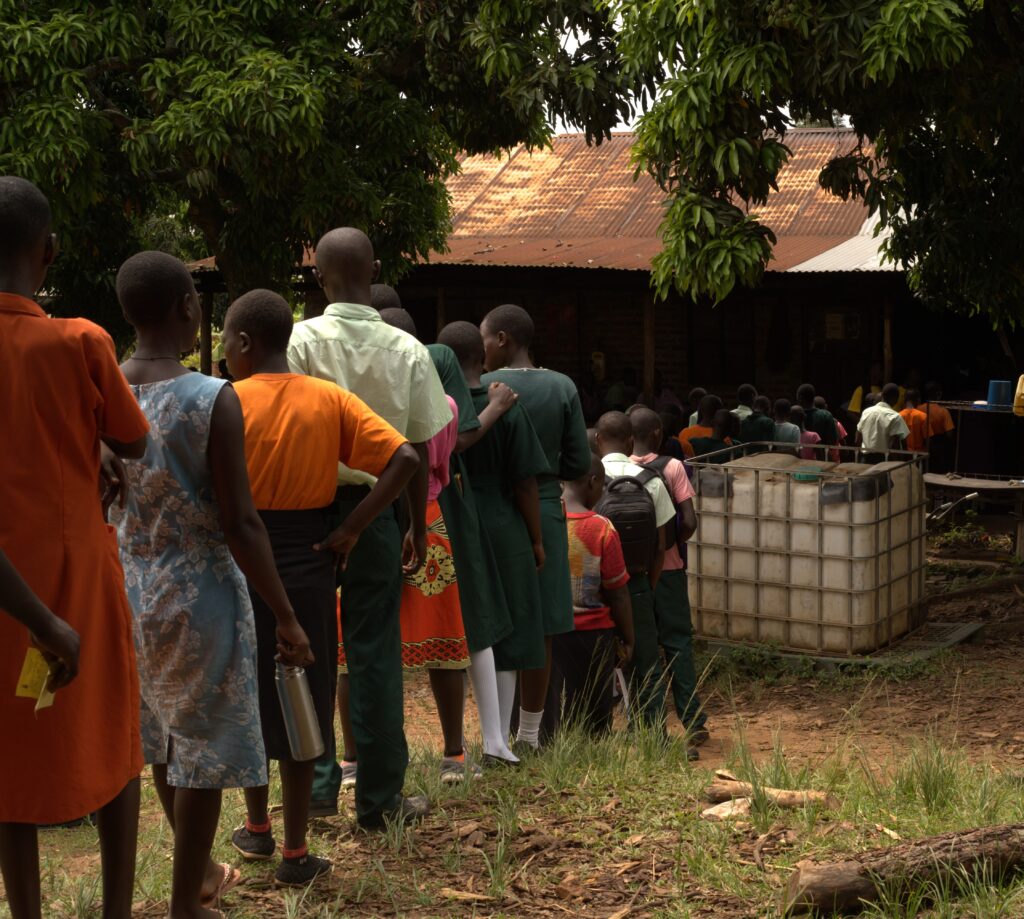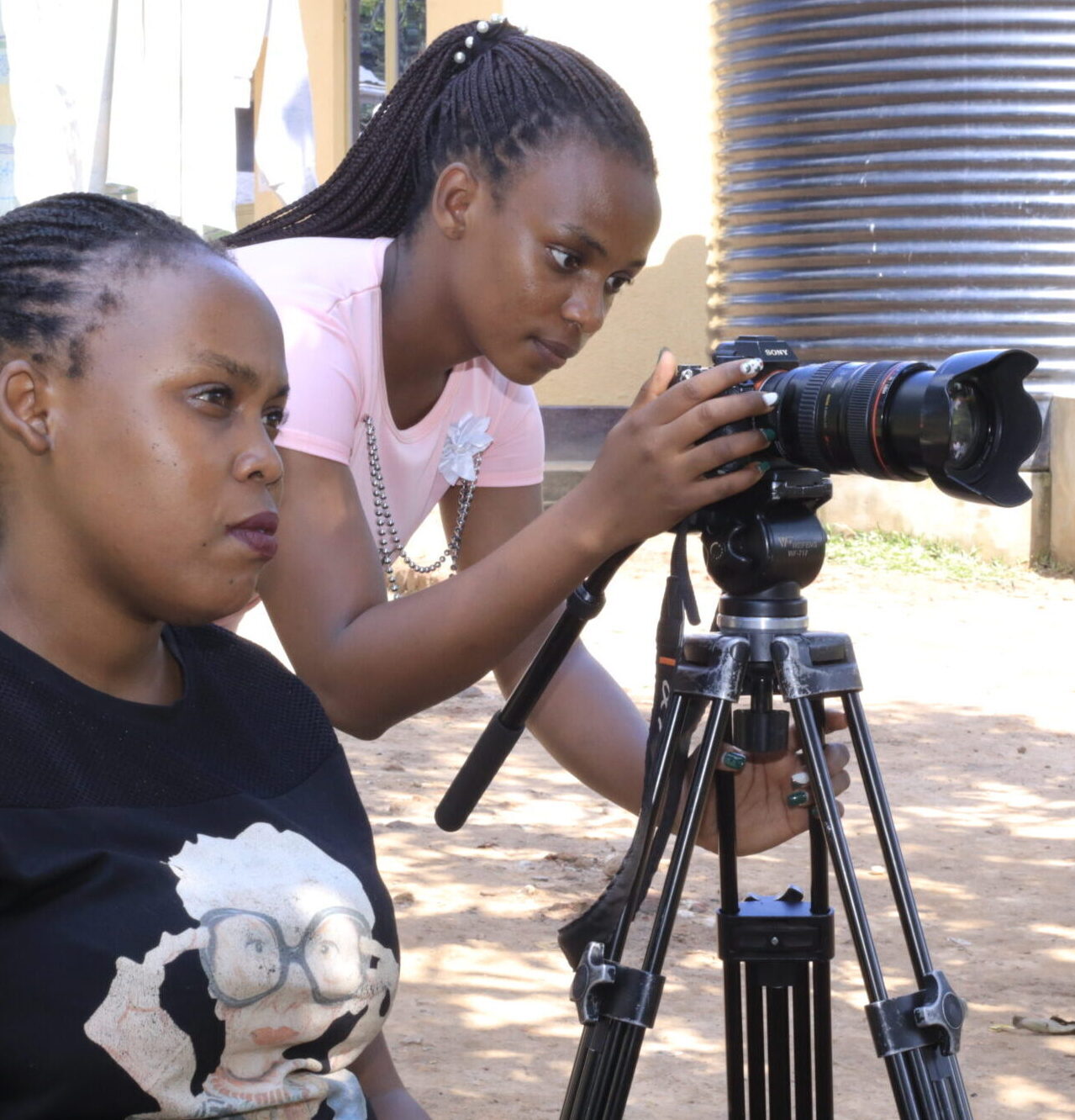The Issues:


● Over 70% of Children in rural upper primary school can not read and interpret a lower primary 2 story
● About 65% of children who enroll in primary school drop out before completion.
● Gov’t Expenditure on Education has dwindled. Only 2.5% GDP is spent on education
● High dropout rates in rural Secondary Schools are attributed to; failure to cope with school demands, early employment, long distances to school, early pregnancy, and poor academic performance among others.
● At University and Tertiary levels, there has been a public outcry that most graduates lack employable skills.










